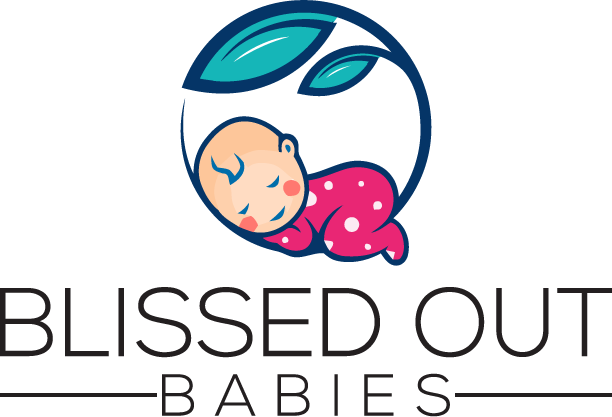
Biting in toddlerhood is incredibly common, developmentally normal, and, while distressing, rarely a sign that something is wrong. If your Manchester toddler is nipping at playgroup or siblings, you’re not alone. Toddlers bite because they’re still learning how to manage big feelings, impulses, and social dynamics. Here’s a compassionate look at why it happens and how to respond gently to support their 10-14 hours of restful sleep.
Toddlers (12-36 months) bite for a variety of reasons tied to their growth:
Feeling a bit better? Let’s talk about some practical tips for different scenarios…
I have always been interested in gentle parenting techniques, and as a self confessed ‘geek’ I spent many a sleepless night reading. I became so interested in infant brain development and the science of sleep that I completed my Holistic Sleep Coaching qualification, mentored by the wonderful Lyndsey Hookway. I have been working as a toddler sleep consultant since 2018, I am based in Manchester but I can work with you from anywhere in the world online!
This coupled with my experience in settling techniques, toddler negotiation strategies and analysis of naps and sleep needs gives me a wealth of knowledge to be able help you.
If you’re looking for help with making changes to your family’s sleeping habits and would like to speak to a toddler sleep consultant who is down to earth and sympathetic and will focus on you and your family with empathy and understanding then please get in touch.
I would love to hear from you!
Jem x

“I’m not going to let you bite. Biting hurts. I’ll help you find another way.”
This sets a clear boundary while keeping you calm and regulated – no yelling, shaming, or asking “why did you do that?” – just loving leadership.
“You were so upset and didn’t know what to do. Next time, let’s say ‘stop!’ or come find me.”
This names their feelings and guides them to better strategies, easing nighttime stress.
What Happens: Your toddler bites another child over a shared toy at a Manchester playgroup.
Gentle Response:
What Happens: Your toddler bites their sibling during a toy tug-of-war.
Gentle Response:
When biting persists, use these daily phrases to stay consistent:
Biting can be triggering – shame, embarrassment, or anger are normal. Remind yourself:
You are not a bad parent. Your child is not a bad child. Biting is a storm passing through a toddler’s early development. With your steady, loving guidance, they’ll learn safer, kinder ways to express their big, beautiful emotions – paving the way for calmer bedtimes and 10-14 hours of sleep.
Click here to book a free chat with Jem to discuss sleep packages and ensure we are a good fit. There is no obligation and I will only take clients where I genuinely feel I can change their lives.
I have three simple toddler sleep support packages, Read more about them here.
Yes! You can check out my free sleep resources here.

You must be logged in to post a comment.